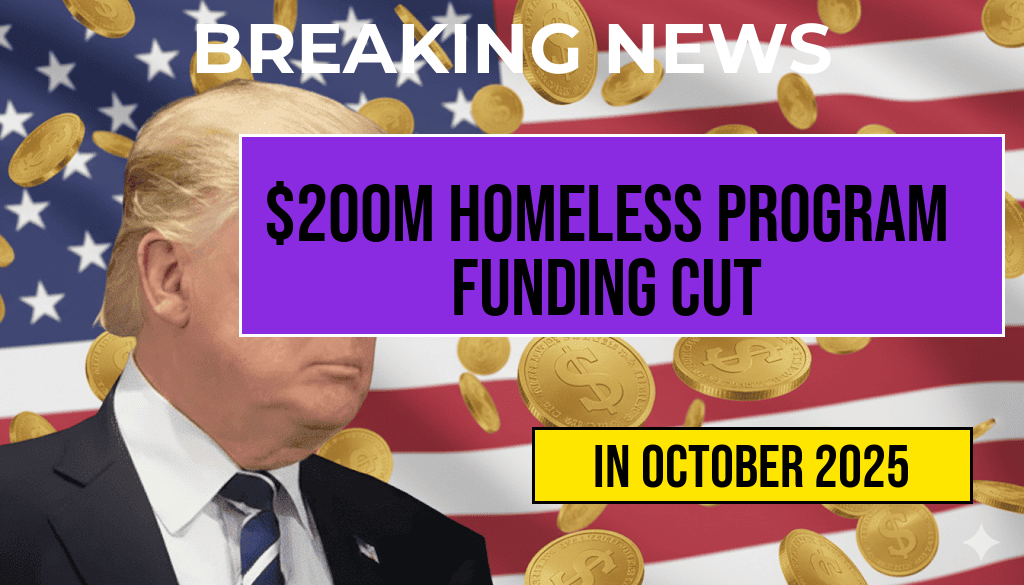As federal funding for the Women, Infants, and Children (WIC) nutrition program nears expiration within weeks, thousands of vulnerable families face the imminent loss of vital benefits, amounting to approximately $440 in monthly assistance per recipient. The impending lapse threatens to disrupt access to nutritious foods, breastfeeding support, and health referrals for millions of low-income women and children across the United States. With bipartisan negotiations stalling over budget allocations and the future of COVID-era emergency funding, advocates warn that the consequences could be severe, especially for families already grappling with economic strain. The program, which serves over 6 million participants nationwide according to the USDA, is at a critical juncture, with lawmakers under pressure to extend funding before a potential shutdown that could reverse years of progress in maternal and child health outcomes.
WIC Program Faces Funding Crisis as Deadline Approaches
Background on WIC and Its Impact
The WIC program has been a cornerstone of federal support for low-income pregnant women, new mothers, infants, and young children since its inception in 1974. Administered by the U.S. Department of Agriculture (USDA), WIC provides supplemental nutritious foods, nutrition education, and access to healthcare referrals. According to the USDA, the program has helped improve birth outcomes, reduce infant mortality, and promote healthy growth among participating children. Its comprehensive approach is credited with fostering long-term health benefits and reducing disparities in maternal and child health across socioeconomic lines.
Funding Under Threat and Potential Consequences
Funding for WIC is primarily allocated through annual appropriations, often relying on temporary extensions and emergency measures. With the current fiscal year ending soon, the program’s budget authorization is set to expire, risking a shutdown of services unless Congress acts swiftly. Without renewed funding, the USDA estimates that approximately 400,000 WIC participants could experience a reduction or loss of benefits, translating into an average monthly loss of $440 per family. Such a decrease would undermine nutritional security for vulnerable populations during a critical developmental period.
Legislative Deadlock and Political Dynamics
Efforts to extend or increase WIC funding have been hampered by broader political disagreements over federal spending priorities. While some lawmakers advocate for increased investment in social safety net programs, others emphasize austerity measures amid partisan debates. Recent congressional hearings highlight concerns over the sustainability of programs like WIC, especially as the nation faces inflationary pressures and economic uncertainty. Despite bipartisan acknowledgment of WIC’s importance, the absence of a targeted funding bill has stalled progress, leaving millions uncertain about their future benefits.
Implications for Families and Public Health
Families at Risk of Losing Support
| Number of Families Affected | Average Monthly Benefit Loss | Potential Health Risks |
|---|---|---|
| Approximately 400,000 | $440 | Increased risk of malnutrition, developmental delays, and reduced breastfeeding rates |
For families relying heavily on WIC, the loss of benefits could mean choosing between paying for nutritious foods or other essentials such as rent and healthcare. The program’s support extends beyond food assistance, offering breastfeeding counseling and health referrals that are vital for mother and child well-being. Disruptions could reverse decades of progress in reducing childhood anemia, iron deficiency, and other nutrition-related health issues.
Broader Public Health Concerns
The potential funding gap arrives at a time when public health officials emphasize the importance of early childhood nutrition for lifelong health. Studies link consistent access to nutritious foods during infancy and early childhood with improved cognitive development and reduced chronic disease risk later in life. Experts warn that even short-term reductions in support could have long-lasting repercussions, especially in vulnerable communities where access to healthy foods is already limited.
Advocacy and Response from Stakeholders
Community and Healthcare Organizations Mobilize
Several advocacy groups, healthcare providers, and local agencies have voiced concern over the impending funding lapse. They are urging Congress to pass temporary extensions or permanent funding solutions to prevent service interruptions. The National WIC Association (NWA) has launched campaigns emphasizing that delaying action could undo years of progress in maternal and child health, particularly in underserved populations.
Policy Proposals and Next Steps
Legislators are considering various proposals, including emergency supplemental appropriations and long-term funding bills, to ensure uninterrupted WIC services. Some proposals suggest leveraging pandemic relief funds or reallocating existing budget resources to sustain the program temporarily. The Biden administration has indicated support for measures that stabilize WIC funding, but political gridlock remains a significant obstacle.
Resources for Affected Families
- Families currently enrolled in WIC are advised to stay in contact with local agencies for updates on funding status.
- Community organizations are providing guidance on alternative nutrition assistance options, such as SNAP benefits and local food banks.
- For more information on WIC and available resources, visit the USDA’s official site (USDA WIC Program).
Frequently Asked Questions
What is the current status of WIC funding?
The WIC funding is set to expire in weeks, which could lead to significant disruptions in the program and services provided to eligible families.
How would the expiration of WIC funding affect participants?
If the funding expires, many participants could face a $440 monthly loss in benefits, impacting their access to essential nutrition and support services.
What are the potential consequences of losing WIC funding?
The expiration of WIC funding may result in reduced access to nutritious foods, increased food insecurity, and challenges for families relying on the program for their health and well-being.
Are there any efforts to extend or secure new funding for WIC?
Officials and advocates are actively seeking to extend or secure new funding to prevent the program’s expiration and ensure continued support for eligible families.
How can individuals help prevent the loss of WIC funding?
Community members can advocate for funding extensions, contact their representatives, and raise awareness about the importance of the WIC program to help prevent the funding expiration.






